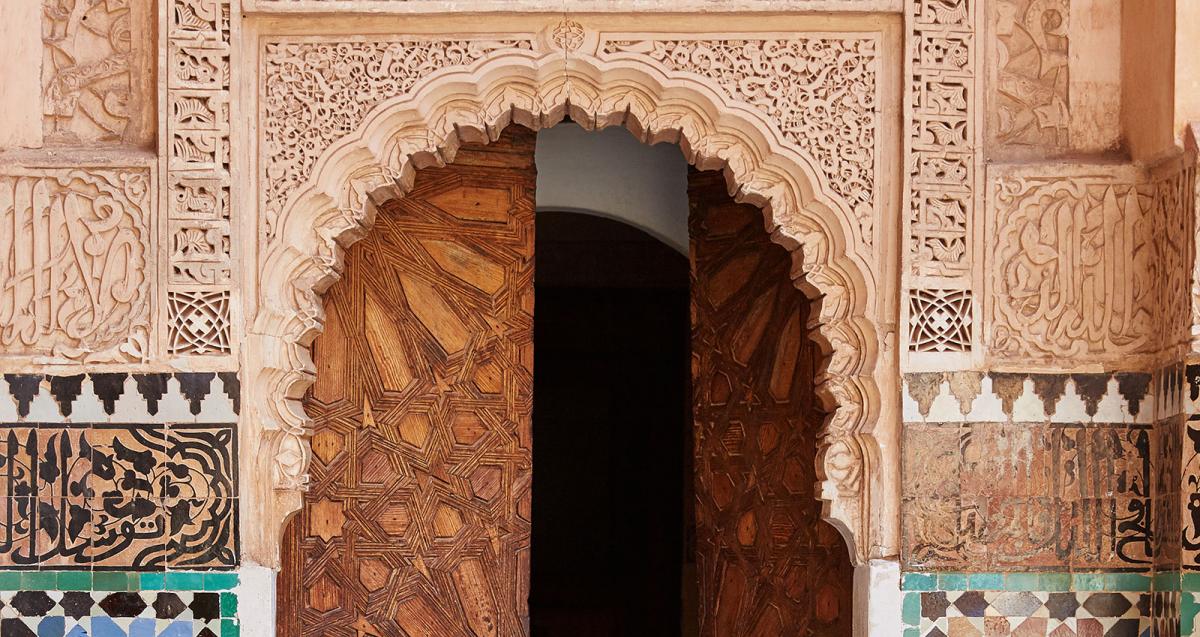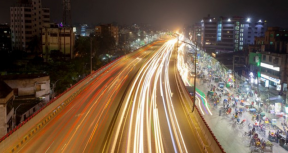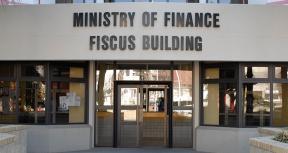In 2021, His Majesty King Mohammed VI tasked a national commission to find the root causes of Morocco’s development challenges during the 2010s. The national commission identified four systemic obstacles: (i) lack of policy coherence with the country’s development aspirations; (ii) an uneven economic playing field that favors some firms and state-owned enterprises (SOEs), creates rent-seeking behaviors, and discourages new entrants; (iii) weak policy implementation caused by the limited public sector capacity to carry out reforms; and (iv) weak citizen, labor force, and subnational participation in the country’s development.
This Country Program Evaluation (CPE) assesses the development effectiveness of the World Bank Group’s support to Morocco in addressing these obstacles during fiscal years 2011 to 2021. The evaluation also distills lessons from this assessment to guide future Bank Group engagement in Morocco. The lessons may also be of relevance to other countries facing similar development challenges.






